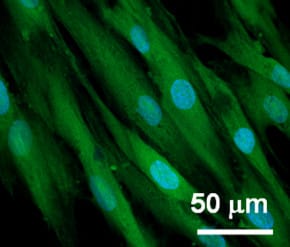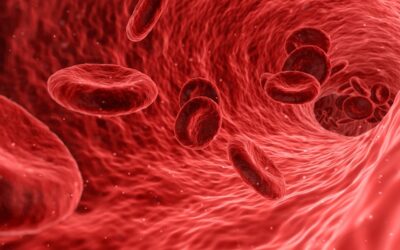 Researchers from the University of the Balearic Islands (Spain), in collaboration with the University of Extremadura (Spain), and the University of Oslo, have successfully fabricated titanium surfaces chemically functionalized with the flavonoids taxifolin and quercitrin. Flavonoids are small polyphenolic biomolecules, ubiquitous in nature and present in the human diet, with a broad range of biological activity. Flavonoids have powerful antioxidant, anti-inflammatory and anti-bacterial properties, and have been connected to the prevention of cancers, premature aging, cardiovascular and neurodegenerative diseases, and to positive effects on bone metabolism.
Researchers from the University of the Balearic Islands (Spain), in collaboration with the University of Extremadura (Spain), and the University of Oslo, have successfully fabricated titanium surfaces chemically functionalized with the flavonoids taxifolin and quercitrin. Flavonoids are small polyphenolic biomolecules, ubiquitous in nature and present in the human diet, with a broad range of biological activity. Flavonoids have powerful antioxidant, anti-inflammatory and anti-bacterial properties, and have been connected to the prevention of cancers, premature aging, cardiovascular and neurodegenerative diseases, and to positive effects on bone metabolism.
The researchers hypothesized that a biomaterial surface functionalized with flavonoids would gain the broad spectrum of bioactivity of these compounds, hence having numerous biomedical applications, for example aso steopromotive bone implants, stent surfaces for cardiovascular disease treatment, antifouling biosensor surfaces or anti-cancer functionalized nanoparticles.
Regarding the first application, a flavonoid-modified Ti surface retaining the biocompatible and mechanical properties of Ti while gaining osteopromotive, anti-inflammatory and antibacterial properties, thus promoting both soft (gum) and hard (bone) tissue integration and sealing around a dental implant, could reduce the occurrence of peri-implantitis, a frequent inflammatory process around a dental implant, caused by plaque bacteria, that is suggested to be the first cause of oral implant failure. This multifunctional surface could also be an open door into implant therapies for patients with impaired bone functions like diabetes and osteoporosis.
The researchers evaluated in vitro the bioactivity of the flavonoid-modified surfaces with human mesenchymal stem cells (MSCs) and human gingival fibroblasts. They found that flavonoid-modified surfaces showed anti-inflammatory and anti-fibrotic potential on human gingival fibroblasts. Moreover, the surfaces enhanced the differentiation of MSCs to osteoblasts, the bone forming cells.
Their study indicates that flavonoids have biological activity when they are immobilized to a surface. Therefore, these surfaces could be explored for several biomedical applications.

















